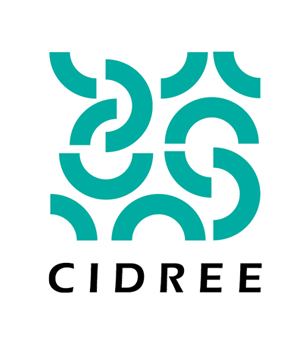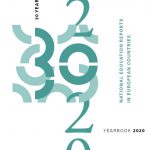
Yearbook 2019
Student Voice in Education
Edited by Ada Holcar Brunauer
The theme of the CIDREE Yearbook 2019 is Student Voice in education. In an era of increased accountability and greater focus measuring student outcomes, student voice represents significant and growing movement in education. Instead of a top down, teacher directed approach to learning, the student voice approach encourages students to play an active role in planning, learning, as well as contributing to the development of school practices and policies. This significant philosophical shift requires all stakeholders to embrace the belief that there is something to learn from every individual regardless of age, culture, socioeconomic status, or other qualifying factors.
This Yearbook provides an insight into Student Voice from several European countries. Throughout the twelve articles, sets of authors from diverse backgrounds and specialisations, offer perspectives on promoting student voice in the widest of education contexts. Across many articles, there is a clear focus on pedagogy allowing students to engage and participate meaningfully in their own learning. In other articles, the focus is more on the representative space, which includes representative councils or groups encouraging students’ active participation in adopting democratic principles across the schools. In the third group of articles, there is a key focus in supporting student voice at system level with a clear policy intention aimed at ensuring students’ voice is heard in the classrooms and beyond.
The articles explore the diverse challenges faced by educational stakeholders in different school environments preparing students for the challenging world of the twenty-first century. Student voice helps meet the objectives of developing the interdisciplinary skills which are a key aspect of the newly developed 21st century curricula. In this curriculum students are supported to take increasing responsibility for their own learning, physical, personal and social wellbeing, relationships with others as well as taking on a role in the local, national and global community.
Throughout the Yearbook, the international contributions allow us to gain insight into the perspectives of policy-makers, administrations, committed teachers and engaged learners, all actively participating in their schools, communities and the education system. They actively contribute to decision-making processes and collectively influence outcomes by putting forward their views, concerns and ideas. Student voice not only allows students to engage and participate meaningfully in their own learning, it contributes to building leadership, confidence and other skills that ensure student wellbeing.
CIDREE Yearbook 2019 Student Voice in Education (PDF)
CIDREE Yearbook 2019 Student Voice in Education (Contents, Highlights) (PDF)


